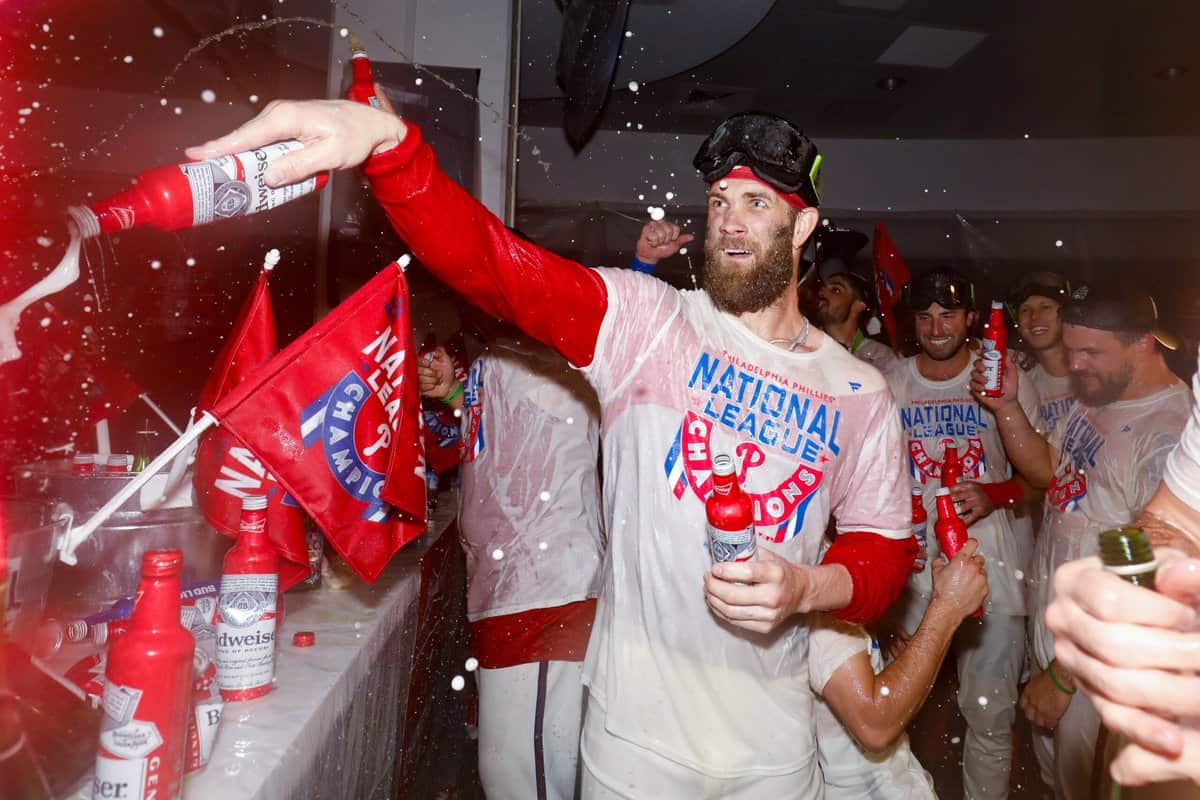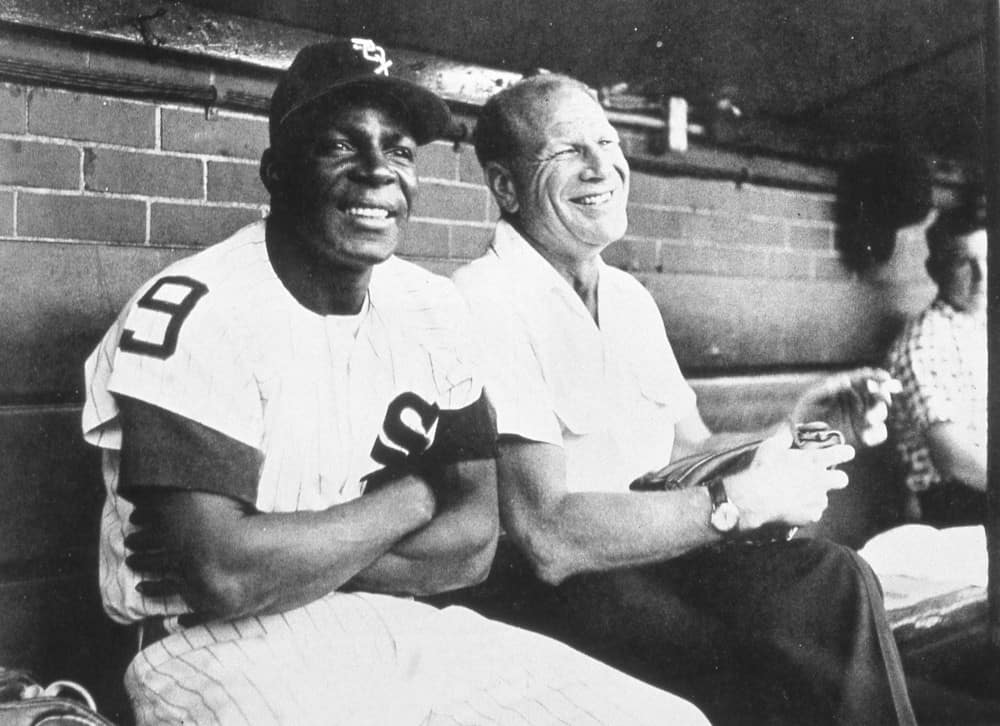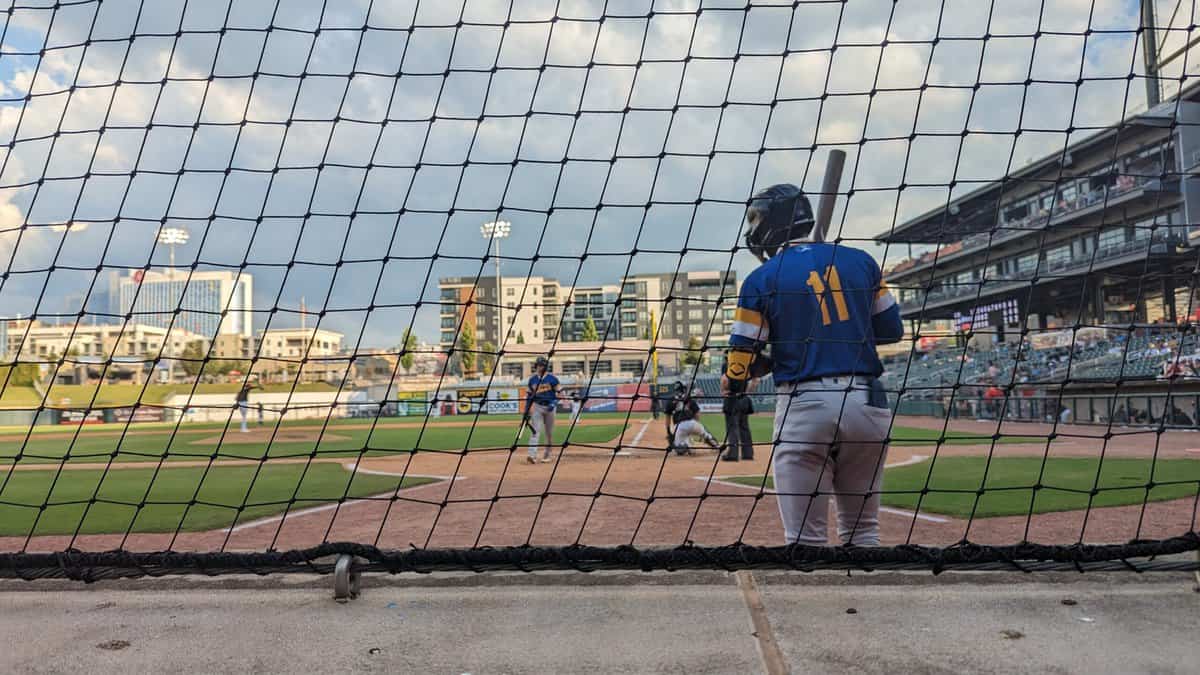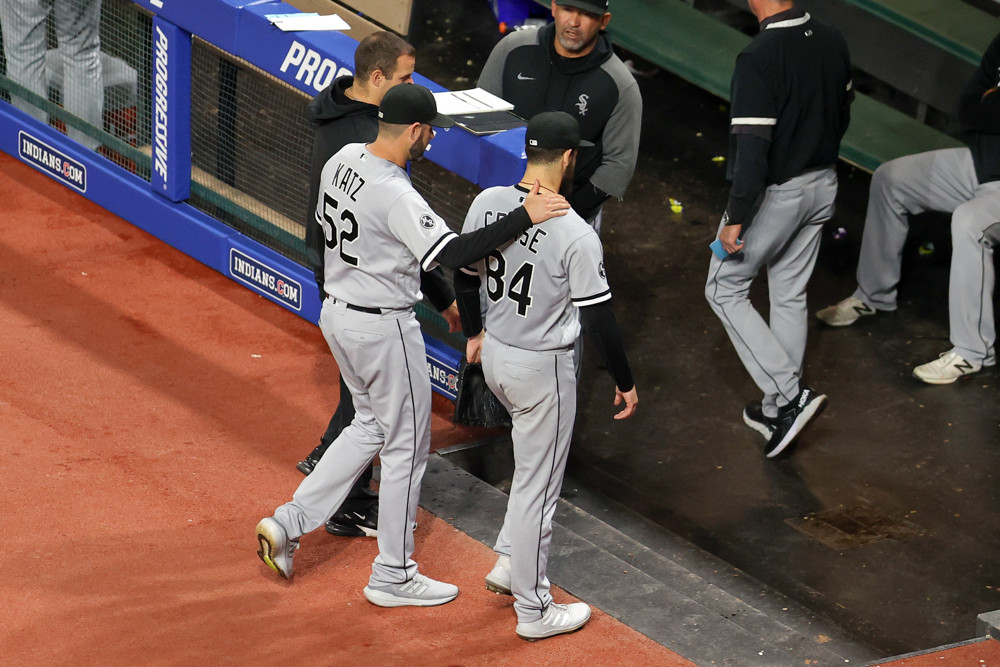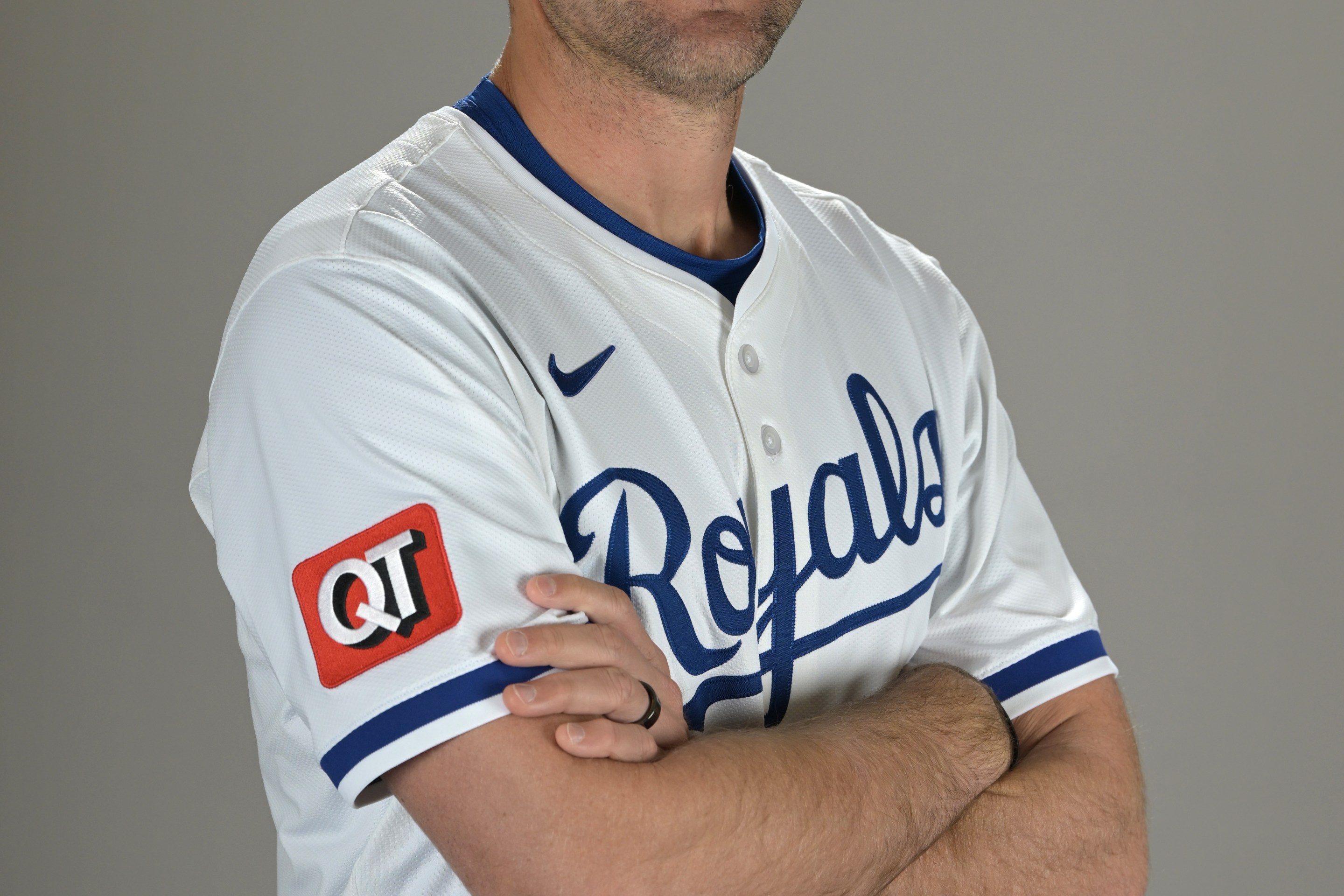Four years into his Phillies career, Bryce Harper owns a .282/.394/.546 line, which is good for 150 OPS+ and an average of 4.6 WAR over a standard season.
Three years into his Phillies career, Zack Wheeler has a 2.82 ERA over 69 starts, which is good for an average of 6.7 WAR over a standard season.
Through the first three series in his first postseason since 2017, Bryce Harper is hitting .419/.444/.907 with 11 extra-base hits (six doubles, five homers) over 11 games, including the homer that put the Phillies ahead for good in the Game 5 clincher.
Four starts into his first-ever postseason, Wheeler has a 1.78 ERA with just 16 baserunners (10 hits, three walks, three HBPs) against 25 strikeouts over 25⅓ games, including strong starts in Games 1 and 5.
Thanks to their efforts -- and plenty of help elsewhere -- the Phillies are going to the World Series from the sixth seed in the first year of a freshly expanded postseason.
The White Sox could've had both of them. In fact, they supposedly offered Wheeler more money than the Phillies, and unlike the contract they presented Manny Machado, it didn't take incentives to get there. Wheeler signed with the Phillies because he wanted to remain on the East Coast.
I sympathized with the White Sox at the time. Wheeler's five-year, $118 million deal with the Phillies cleared the crowdsourced and industry estimates by plenty, and while Rick Hahn theoretically could have offered him well beyond what Philadelphia gave him to truly test Wheeler's geographic preferences, going for $135 million might've warped their priorities, because the team had other positions to address.
But then you realize what their priorities were even without a Wheeler-grade signing on the books, and you realize how Hahn squandered his precious flexibility despite cutting corners on Machado and losing interest in Harper, and you realize that Hahn, Kenny Williams and Jerry Reinsdorf just don't close.
Dave Dombrowski didn't sign Harper, or Wheeler, or J.T. Realmuto for that matter -- he took over after the 2020 season because those signings couldn't propel to the Phillies out of a rut -- but when he assessed the situation, he threw more expensive logs on top of the fire with Kyle Schwarber and Nick Castellanos. Despite the "stupid money" and a depth chart that produced a lot of unusual baseball, the talent has ultimately prevailed. Now Dombrowski is taking a fourth different franchise to a World Series, which cements his status as an eventual Hall of Fame executive.
Brian Bannister, who is currently the San Francisco Giants' pitching director but served in the role with the Red Sox under Dombrowski before that, posted a lengthy Twitter thread explaining why he believes Dombrowski is so reliably successful. The whole thing is worth reading, but the middle section stood out.
By always waiting patiently for “smart” trades or avoiding larger free agent contracts it admittedly reduces career risk and public scrutiny.
— Brian Bannister (@RealBanny) October 23, 2022
But by being willing to lose a trade slightly at times from a valuation perspective it often gives you access to special players.
This approach is less sustainable long-term, but it can result in juggernaut teams.
— Brian Bannister (@RealBanny) October 23, 2022
With Dave, there is no doubt that the only goal is to win a ring.
If everybody else at the poker table is playing the safe percentages, the person willing to risk more chips can be disruptive.
This approach -- which is something like "sign good players to whatever they demand, even if they don't round out your roster" -- is easier to praise when the results look like this, rather than what the Phillies'87-75 record and distance third place in the NL East suggested they'd be. There isn't a whole lot separating it from throwing good money after bad, which is why the Dombrowski experience isn't for every market.
But in the case of the Phillies, they threw good money after good. They didn't cap themselves on major investments because major investments weren't the source of the letdown. Sure, they struggled developing the other half of their infield, their starting rotation was top-heavy, and they still wear the scars from some crazy bullpen explosions. But the guys with the $70+ million contracts were the ones keeping hope alive, so they kept spending, and look at them now.
This disregard for future payrolls means the diminishing returns can hit in a hurry, but as we saw during Dombrowski's time with the Tigers, sometimes those diminishing returns arrive years later than expected. When that happens, Dombrowski is literally buying time.
That's what's so frustrating when Hahn says "We're not going to be able to just throw money at the problem," because 1) the Sox have never actually tried that, at least like a big-boy team, and 2) the Phillies just showed that such a course is possible.
When you look at the moves made by Hahn over the last four acquisition periods -- two winters, two trade deadlines -- the Lance Lynn trade is the only one that aggressively attempted to generate wins. Just about every other transaction, the bulk of which involve the bullpen and bench, has tried to lessen the White Sox's chances of losing. Those two things are not the same, because Liam Hendriks, Kendall Graveman and Joe Kelly by definition can't put the Sox in front.
When the incumbent talent stagnated for one reason or another, that left nobody new who could shoulder the responsibility. While the Sox fretted about the risks of a $300 million contract, they ignored the dangers of such a conservative approach. Not only did they hit a dead end just the same, but they picked such a boring way to do it.
